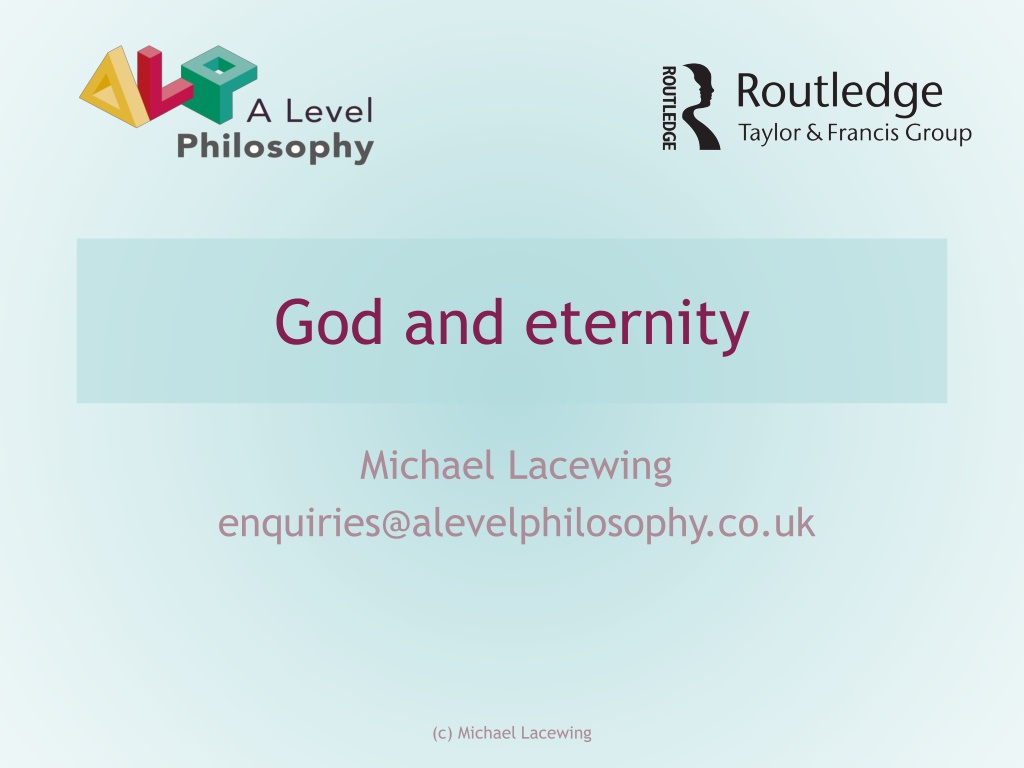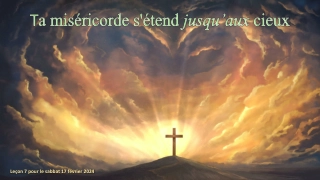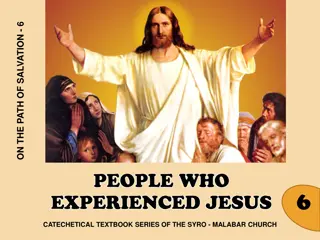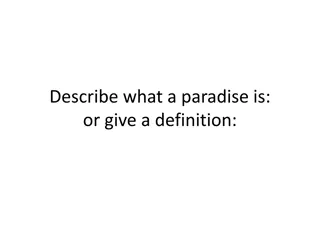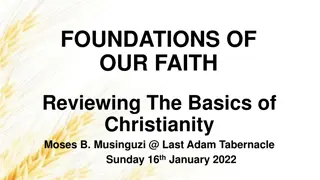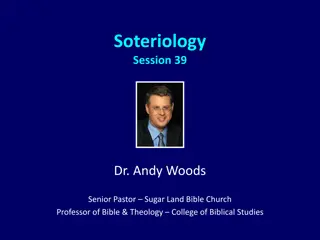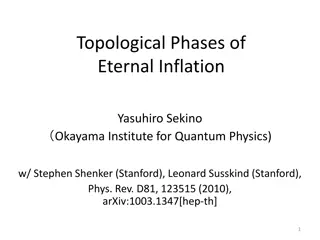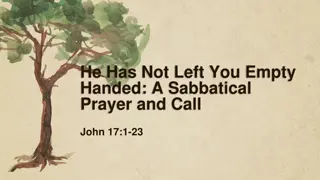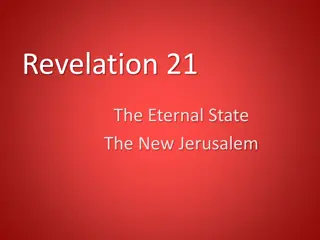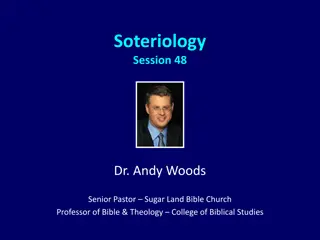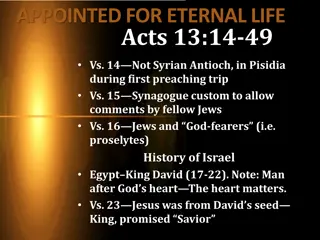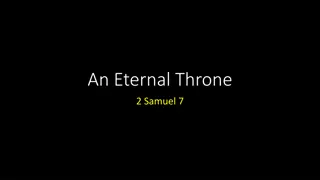Exploring the Concept of Eternal Being and Timelessness
Delve into the intriguing discussion on eternal being and timelessness, examining the nature of God's existence outside of time and the distinctions between everlasting and eternal existence, as pondered by philosophers like Boethius. Explore the unique characteristics of an eternal being, the concept of an eternal now, and the challenges of fitting such ideas into conventional timelines.
Download Presentation

Please find below an Image/Link to download the presentation.
The content on the website is provided AS IS for your information and personal use only. It may not be sold, licensed, or shared on other websites without obtaining consent from the author. Download presentation by click this link. If you encounter any issues during the download, it is possible that the publisher has removed the file from their server.
E N D
Presentation Transcript
God and eternity Michael Lacewing enquiries@alevelphilosophy.co.uk (c) Michael Lacewing
God and time God is self-sufficient. Therefore, God is dependent on nothing else for existence. Therefore, nothing can end God s existence. And nothing could bring God into existence. So, if God exists, God s existence has no beginning or end. (c) Michael Lacewing
Everlasting v. eternal Everlasting: Lasting through all time without beginning or end Eternal: Timeless, outside time, atemporal Without beginning or end because these are temporal concepts But all this says is that God is not in time can we develop a positive account of eternal existence? Stump and Kretzmann, Eternity (c) Michael Lacewing
Boethius on eternal being An eternal being has the complete possession all at once of illimitable life It possess its life in whole fullness , such that nothing future is absent from it and nothing past has flowed away It is always present to itself For us, now names an instant, and is always immediately becoming the past For an eternal being, now remains it marks the whole life of the being (c) Michael Lacewing
4 characteristics of eternal being (1) Has life This can t be physical or biological, so must be a kind of psychological life (2) Cannot have a beginning or an end, since it is illimitable not only limitless, but can t be limited (3) Is atemporal in possessing its whole life all at once, giving a distinct meaning to now (4) Involves a special kind of duration, as no part of its life is ever absent (c) Michael Lacewing
Eternal now Eternal present isn t flanked by past and future We are used to thinking of time as a timeline: A perpendicular line marks simultaneous time We can t fit an eternal being into this picture Descartes Locke Leibniz 1550 1600 1650 1700 1750 (c) Michael Lacewing
Eternal now Boethius: picture time as a circle and God as the centre: Every point on the timeline is simultaneous with God s whole existence (c) Michael Lacewing
Simultaneity T-simultaneity (temporal simultaneity): two events or beings are simultaneous if they exist or occur at one and the same time Part of Descartes and Locke s lives E-simultaneity (eternal simultaneity). Two events or beings are E-simultaneous if they exist or occur in one and the same eternal present All events in God s life are E-simultaneous (c) Michael Lacewing
Simultaneity ET-simultaneity (simultaneity between something eternal and something temporal): Your reading this slide is now in time; God s whole life is now in the eternal present. From your temporal perspective, you are reading this slide now and God is eternally present God is ET-simultaneous with every point in time, so God is present at every point in time From God s timeless perspective, every event in time occurs in the eternal present, i.e. all events in time are simultaneous with the whole of God s eternal existence Each moment in time, and so at every moment that a temporal being exists, God exists eternally (c) Michael Lacewing
Atemporal duration It is hard, perhaps impossible, to imagine an eternal now Duration : something that endures lasts through time Endurance, persistence, substance, permanence the opposite of ephemeral or fleeting Yet the existence of anything temporal is almost non- existent your past does not (still) exist, and your future does not (yet) exist, so your existence consists in your existence now, yet that is a fleeting moment in which future becomes past! God s entire existence is present, neither past nor future atemporal duration (c) Michael Lacewing
